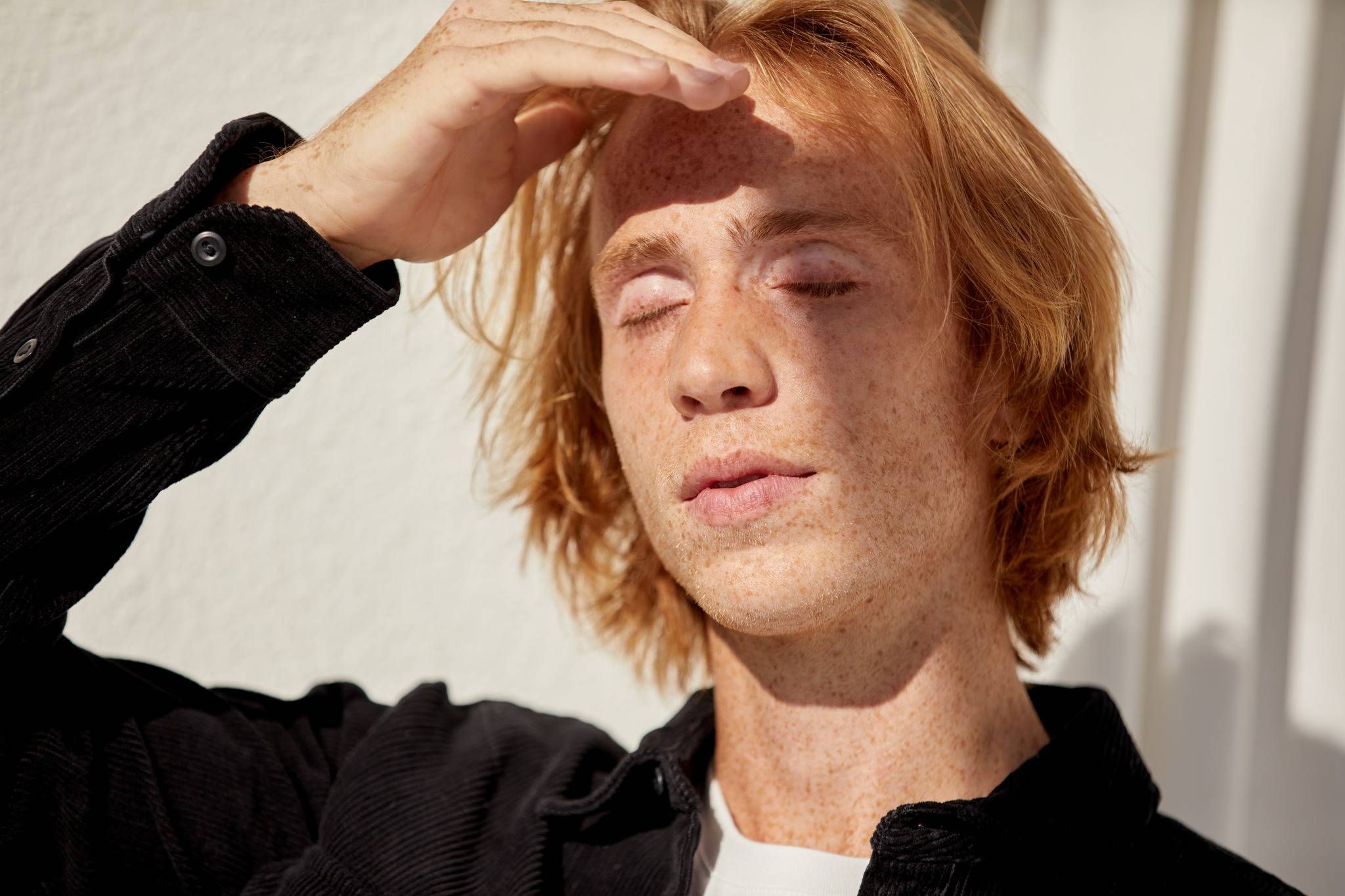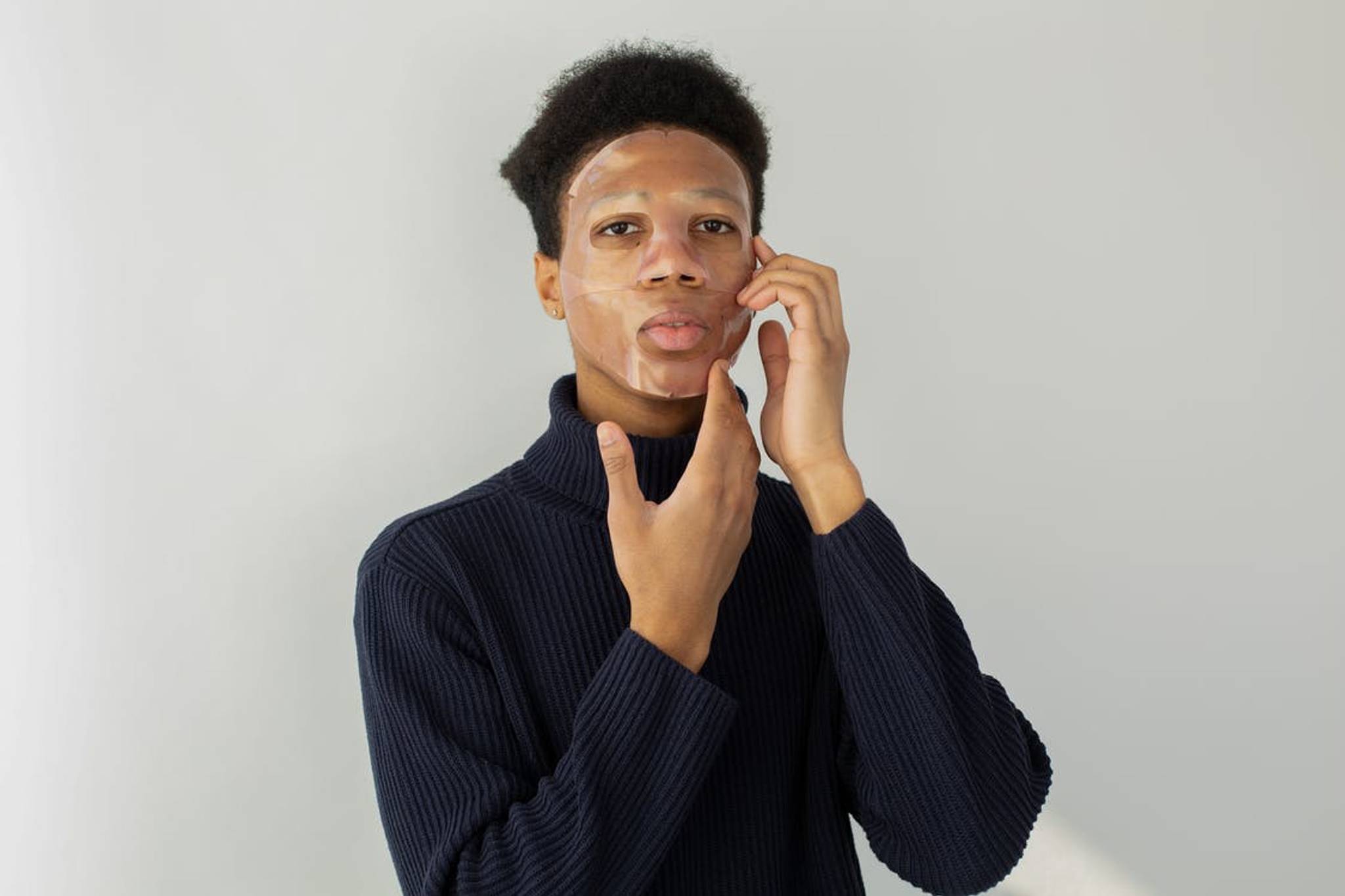
‘Hot rodent' men have taken over social media, celebrating unconventional attractiveness traits such as sharp angular features and quirky personalities. The trend demonstrates a desire to reframe narratives around conventional attractiveness while unravelling traditional notions of masculinity.
The way we think about and perceive attractiveness is being redefined, particularly through the lens of gender. As gender norms evolve and the concept of gender itself becomes more fluid, traditional notions of masculine and feminine traits of attraction are being challenged and changed.
These days, attractiveness is no longer solely rooted in aesthetics. Instead, it has become a more nuanced concept that allows for diverse and playful interpretations that lean on anthropomorphism and a focus on non-physical traits.
Social trends are personifying attractiveness through inanimate objects, animals, and other non-human entities. And nothing is truer of this than the recent ‘hot rodent’ men trend.
Early this year, 'Babygirl' arose as a Gen Z term of endearment for rugged yet sensitive men. Now, partly spurred by the film Challengers, whose actors ‘ratlike’ features have been assigned unconventional yet attractive codes, people are obsessing over the newly coined 'hot rodent' men and ‘sexy rat’ man.
This, coupled with a viral tweet encouraging people to categorise men as either "eagle handsome, bear handsome, dog handsome, or reptilian handsome," has led men who have typically been considered less traditionally attractive to rise up the social ranks.
Characteristics of ‘rodent men’ include pointed angular features, smaller eyes, and slimmer builds. And rather than their physical appearance being the pinnacle of hotness, this trend centres on other characteristics, such as quirkiness, unconventional behaviour, and sensitivity as features of attractiveness.
According to internet users, Josh O'Connor and Mike Faist from Challengers, Matt Healy, Kieran Culkin, and Jeremy Allen White epitomise this shift. One X account even described Mike Faist as ‘Stewart little if he was human and hot’.
Much of this trend appears to play into a current cultural shift where women are fueling new archetypes of masculinity in the wake of the #metoo movement and post-girlboss feminism.
From himbos to daddies to bisexual heartthrobs, these new archetypes celebrate things like emotional intelligence and feminist alignment.
As understanding of the female gaze and what women find desirable becomes more mainstream, they are also dispelling the myth that everyone wants a hot, muscular macho man.
This all comes at a time when 40% of Americans and 35% of Britons somewhat or strongly agree that gender norms are outdated, highlighting that many people want to celebrate softer, more sensitive, and unique archetypes of attractiveness.
The ‘hot rodent’ trend has not come without criticism, however.
Some people have expressed outrage at the notion that being called a ‘hot rodent’ should be considered a compliment at all, also calling out the trends double standards, while others called out the trend for focusing only on white men.
The trend poses interesting questions on how we can challenge tired tropes of masculinity and attractiveness without falling into stereotypical traps of focusing on one type of man.
So what's next for this trend shift?
Maybe anthropomorphising attractiveness isn’t the most favourable way to label attractiveness if it needs to be labelled at all. But it proves that people want less rigid and more lighthearted ways to convey their emotions and attraction, and with the summer of ‘hot rodent’ men in full swing, let's see what's to come in autumn.



